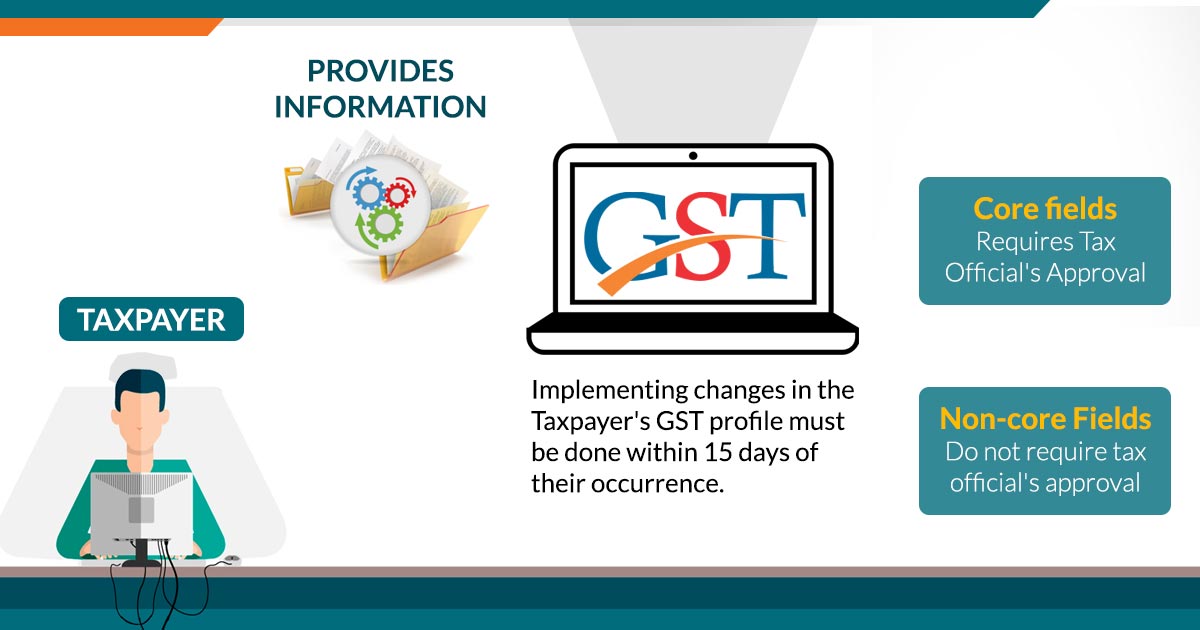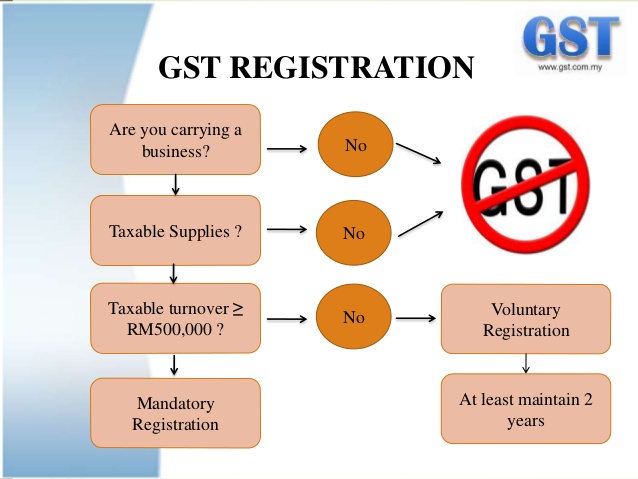CFO Account & Services: Your Trusted Companion for Hassle-Free GST Registration in Singapore
CFO Account & Services: Your Trusted Companion for Hassle-Free GST Registration in Singapore
Blog Article
From Beginning to Finish: A Thorough Summary of GST Enrollment and How to Efficiently Register Your Company
Browsing through the detailed process of GST enrollment can be a critical step for any kind of company looking to develop compliance and authenticity in the marketplace. Why choose CFO Account & Services for GST registration in Singapore. From recognizing the essential ideas of GST to meeting the eligibility requirements and gathering the necessary paperwork, the journey in the direction of effective enrollment can commonly feel like an overwhelming job. With the appropriate assistance and insights, organizations can streamline this process and unlock the advantages that come with being a signed up entity.
Recognizing GST and Its Importance
Understanding the Goods and Solutions Tax (GST) and its value is necessary for businesses running in economies where this taxes system is carried out. By enabling businesses to declare input tax obligation credit ratings on the tax obligation paid on purchases, GST makes certain that taxes are computed only on the worth added at each stage of the supply chain.
In addition, GST promotes conformity and transparency in the tax obligation program, reducing tax obligation evasion and increasing federal government income. It streamlines tax management and compliance for services by providing an usual platform for tax filing and repayment. Overall, a thorough understanding of GST is essential for businesses to successfully browse the complexities of the tax obligation system and ensure compliance with the regulation.
Eligibility Requirements for GST Enrollment
To register for GST, services have to meet certain qualification criteria detailed by the tax obligation authorities. The primary demand for GST enrollment is that business's aggregate turn over goes beyond the threshold established by the federal government, which varies by state. Since the existing guidelines, organizations with an annual turn over of Rs. 40 lakhs or even more in many states need to register for GST. For services running in hilly areas and northeastern states, the threshold is Rs. 20 lakhs. Furthermore, particular organizations, such as those involved in inter-state supply of goods or services, casual taxable persons, and non-resident taxed persons, are needed to register for GST no matter their turnover.
Furthermore, businesses entailed in providing products or services via ecommerce platforms are also mandated to sign up for GST, regardless of their turnover. Furthermore, businesses that were signed up under the previous tax obligation program, such as VAT, excise responsibility, or service tax obligation, need to shift their registration to GST. Abiding by these qualification requirements is crucial for businesses looking for to follow the GST guidelines and stay clear of any type of charges for non-compliance.
Files Needed for GST Registration
When making an application for GST enrollment, organizations need to ensure they have all the essential records in order to complete the procedure smoothly and effectively. The key papers required for GST registration consist of evidence of organization enrollment or incorporation such as the Certification of Consolidation, collaboration deed, or enrollment certification. Furthermore, businesses need to offer proof of address for the major workplace, which can be sustained by records like an utility expense or a rental agreement.
Additionally, papers verifying the identification and address of the partners or marketers associated with business, such as frying pan card, Aadhaar card, or ticket, are crucial for GST enrollment. Savings account declarations or terminated cheques presenting the name of the address, account, and company number are additionally compulsory to validate the savings account information offered throughout registration.
Guaranteeing all the necessary records are in order and readily offered will certainly improve the GST registration process and aid services avoid complications or hold-ups.
Online Enrollment Refine for GST

After finishing the kind, supporting records require to be published as per the standards supplied. These documents typically consist of evidence of business enrollment, address evidence, bank statements, and identification proof of the organization proprietor. It is vital have a peek here to make certain that all records are clear, legitimate, and uploaded in the specified style to prevent hold-ups in the enrollment procedure.
Once the application and documents are submitted, services can track the standing of their GST registration online. If there are no concerns or additional info called for, the GST enrollment certificate will be issued electronically, marking the effective conclusion of the online enrollment process.
Post-Registration Compliance and Tips

Furthermore, companies should preserve appropriate books of accounts, including invoices, bookkeeping documents, and economic statements, to support the information provided in GST returns. Regular audits and settlements must be carried out to ensure information accuracy and conformity with GST laws. In addition, companies need to stay upgraded on any adjustments in GST laws, prices, or conformity procedures to make required adjustments promptly. Seeking specialist aid from tax consultants or accounting professionals can likewise help organizations navigate complex GST conformity demands effectively. By remaining aggressive and attentive in post-registration compliance, organizations can stay clear of charges, maintain great standing with tax authorities, and foster functional effectiveness.
Final Thought
To conclude, the procedure of GST registration is essential for services to comply with tax obligation policies and run legally. By recognizing the eligibility standards, gathering the needed files, and finishing the online enrollment process, services can successfully register for GST. When needed to guarantee smooth procedures., it is crucial to remain certified with post-registration requirements and seek professional assistance (Why choose additional hints CFO Account & Services for GST registration in Singapore).
Services that were signed up under the previous tax obligation regimen, such as Barrel, import tax task, or solution tax obligation, have to change their enrollment to GST. The vital records needed for GST enrollment consist of evidence of service enrollment or unification such as the Certification of Unification, collaboration action, or registration certificate.Upon successful completion of the GST registration process, companies should quickly stick to post-registration conformity requirements to preserve governing conformity and make certain smooth operations.In conclusion, the procedure of GST registration is important for businesses to conform with tax obligation guidelines and run legitimately. By comprehending the eligibility requirements, gathering the needed papers, and finishing the on the internet registration process, businesses can successfully sign up for GST.
Report this page